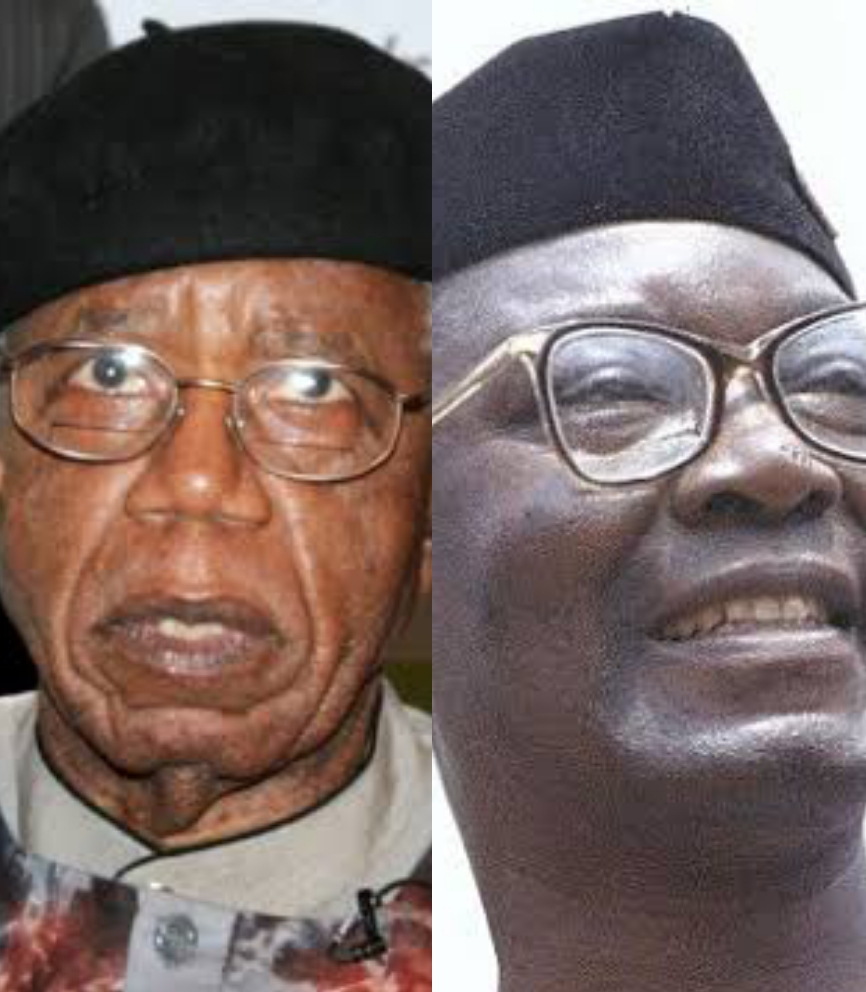By Osita Chidoka
November 16 is an important day in Nigeria and for the black race. On this day, two of the black race’s influential thought leaders, philosophers, and pioneers of the African Renaissance and renewal were born: Nnamdi Azikiwe and Chinua Achebe. They were born 26 years apart. They had different career paths. To many casual observers, all they shared was a common Igbo ancestry.
But ancestry was not all they shared. By providence or a common desire, they both, in their different spheres of life, pioneered efforts to rewrite, recreate, and reimagine the history and aptitude of the black race in the face of the prevailing heart of darkness colonial narrative.
The New York Times described Nnamdi Azikiwe “as a lawyer, political scientist, journalist, political activist, President and for many years Nigeria’s elder statesman, Dr. Azikiwe towered over the affairs of Africa’s most populous nation, attaining the rare status of a truly national hero who came to be admired across the regional and ethnic lines dividing his country.” The rare status attained by Dr Azikiwe was made possible by his foresight, education, and conviction that the black race’s response to colonialism is a Pan-Africanism that harnesses our shared heritage and experience.
Dr Azikiwe dreamt of a renascent Africa driven by an enlightened political leadership on the continent committed to preserving and extending our shared heritage. Many considered Azikiwe a dreamer. More hailed his insular political opponents as realists. At a time, his dreams looked utopian, and the mockery of his opponents appeared ascendant. Or so it seemed.
Today, we witness the resurgence and affirmation of the ideas and dreams of Dr Nnamdi Azikiwe as the African Continental Free Trade Area (AFCFTA) became a reality, creating the largest free trade area measured by the number of participating countries.
As African countries remove the visa barriers and open the continent for unrestricted intra-African movement, trade, and services, the Pan-Africanist philosophy Azikiwe proclaimed with his renowned erudition and oratory has found expression on the continent.
This affirmation of Zik’s worldview would continue to blossom as more academically equipped, ideologically exposed, and AFRI-centric leaders assume office in the continent. Sadly, Nigeria is not leading the way even when Dr Azikiwe had shown the light.
As we celebrate the affirmation of Dr Azikiwe, we also note with delight the commencement of the apotheosis of Prof. Chinua Achebe. In a radical moment of historical consciousness and cultural revival, the Anambra State government named the Anambra Airport after Professor Chinua Achebe, the guardian spirit of African cultural renewal. This step, arguably more than any, by Professor Chukwuma Soludo-led government will be the defining essence of the administration. The singular act of naming a major transport node into the state after the literary icon signalled the beginning of the deification of Chinualumogu Achebe.
At a personal and symbolic level, Chinua Achebe, who was bound to a wheelchair after a tragic transport crash, has now been given wings by the naming of an airport after him. The symbolism of a life beyond the wheelchair could not have found a better expression than immortalising Prof. Achebe on a transport nodal point—the ultimate triumph of ability over disability.
Beyond the symbolism, Anambra state, Nigeria, and the Black race have signified the importance of our cultural heritage and its chroniclers in our value system. By this seemingly simple act, a thousand messages have been sent to young people in our country about what is important and what we reward.
Osita Chidoka is a former minister of Aviation.

